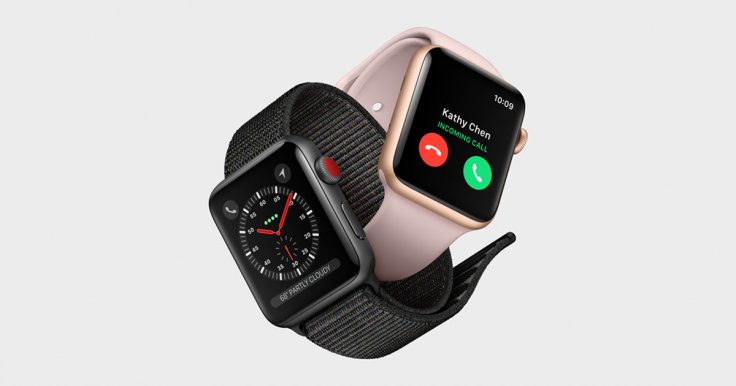
Apple's Heart Study, one of the largest research efforts of its kind, conducted to explore the role of wearable devices in identifying heart-related problems, found that the device could accurately detect atrial fibrillation, the most common type of irregular heartbeat.
The findings of the study, which Apple undertook in partnership with Stanford University, were published on Wednesday in the New England Journal of Medicine and found that the Apple Watch could serve as an important tool in the identification of atrial fibrillation, a condition that is associated with an increased risk of stroke.
The Heart Study used the Apple Watch's sensors to measure the heartrate of more than 419,000 participants to identify any irregularities in the heartbeat and then relayed that information to the users via their iPhones and watches. Apple Watch Series 4 and Series 5 are equipped with a electrocardiogram sensor that monitors the heart's rhythm and conveys the health information to the user.
During the study, only 0.5% or about 2,000 participants received a warning that they had an irregular pulse. These participants were then sent an EKG patch to monitor their heart's rhythm for two weeks before sending it back. Researchers found that 84% of the participants who chose to wear and return the patch were suffering from atrial fibrillation.
Atrial fibrillation is the leading cause of strokes in the United States, according to statistics obtained from the US Center for Disease Control and Prevention, and is responsible for claiming as many as 130,000 lives every year.
This indicates that consumer devices like Apple Watches could prove to be very useful in identifying potential life-threatening conditions through regular monitoring of a user's pulse. Earlier this year, an Apple Watch's heart-rate sensor prompted its user to visit the hospital after his heart-rate crossed the 200bpm mark and prevented a heart attack.
Apple isn't the only tech giant that is prioritizing users' health and well-being. In recent years, companies like Facebook, Google's parent company, Alphabet, which recently acquired Fitbit, have all made an effort to detect and prevent illness, whether it's picking up on someone who might be at risk of suicide or diagnosing a condition like atrial fibrillation or sleep apnea.









